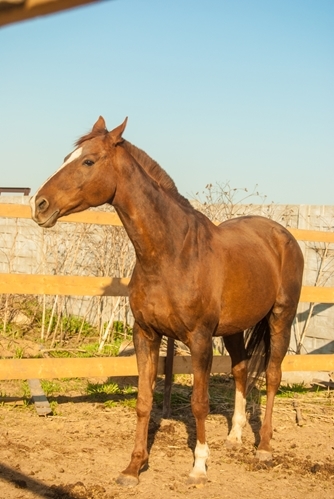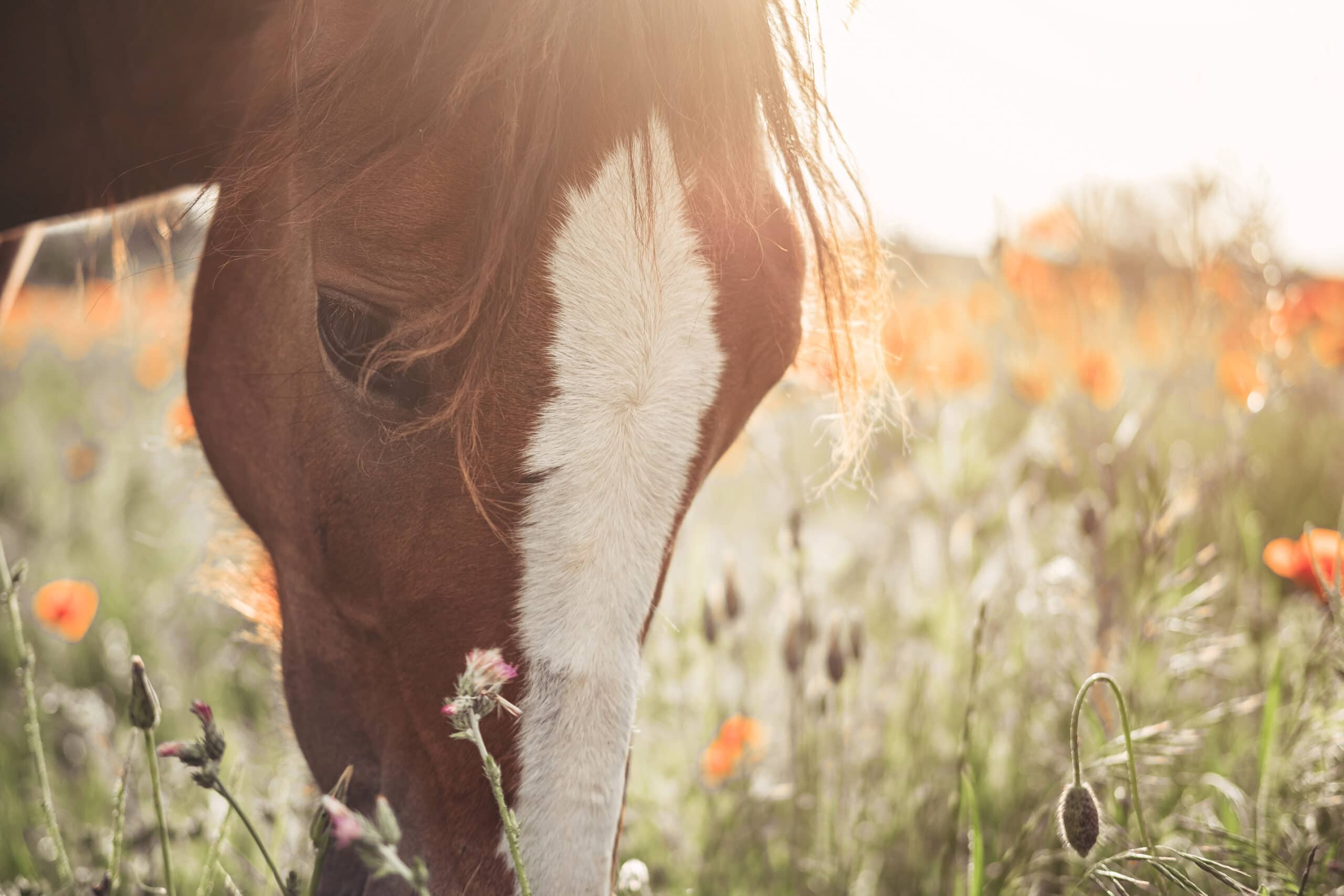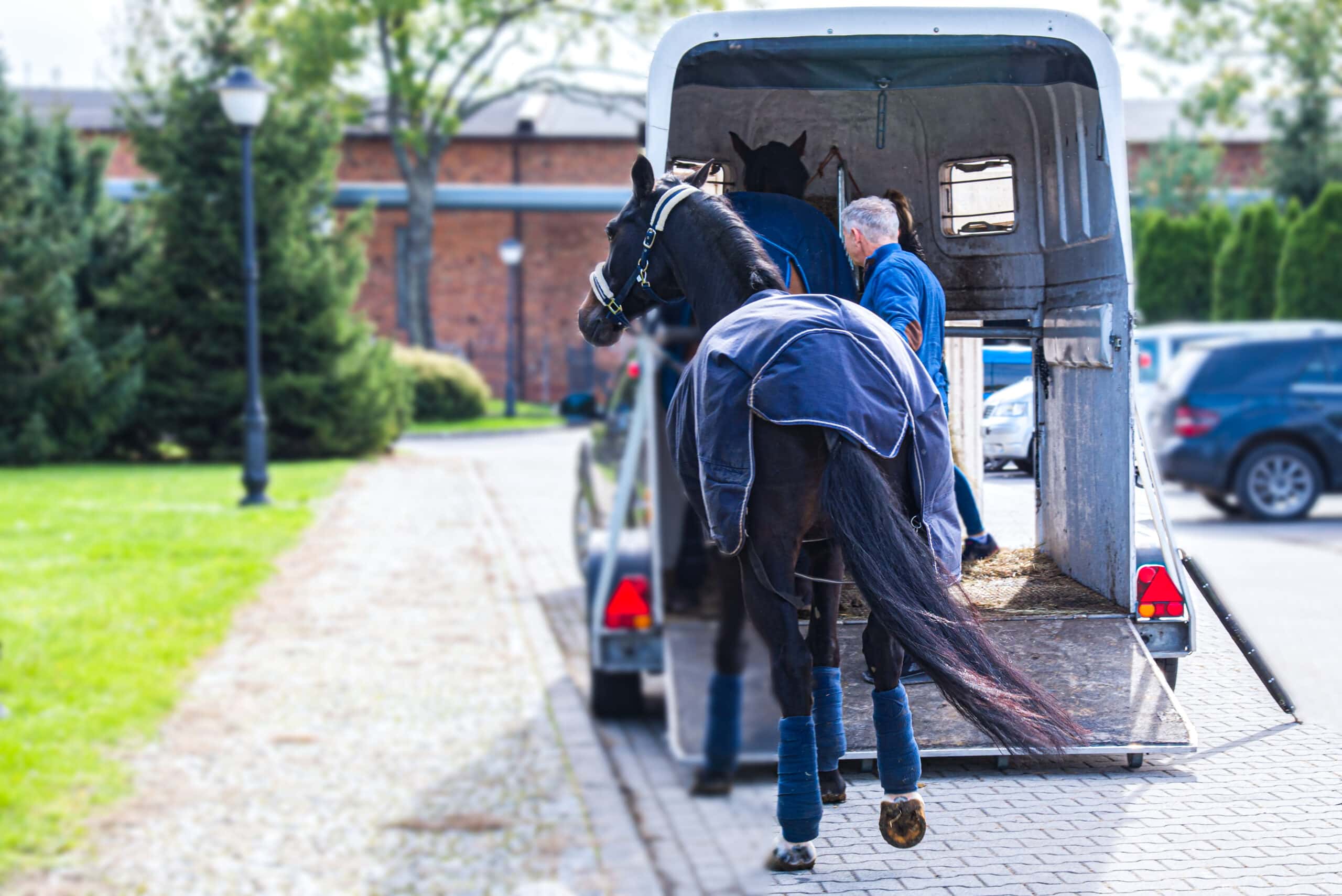There is something about trotting through the pastures on a horse that makes it hard to remain aggravated. Horse riding has proven cathartic for people of all ages and abilities, and recent research only bolsters what many riders have long felt on horseback: a sense of calm.
A Washington State University study demonstrated that youth who work with horses experience a substantial reduction in stress. The results, published in the American Psychological Association’s Human-Animal Interaction Bulletin, highlighted a surprising piece of evidence, saliva. Stress hormones can be sampled rather conveniently and noninvasively by sampling saliva in naturalistic settings.
Though human-animal interaction has been applauded for its health benefits for years, there has been a lack of substantial science to corroborate such claims. Patricia Pendry, a developmental psychologist at WSU who studies how stress “gets under the skin” and the effects of prevention programs on human development, looked to shed light on the subject.
“We were coming at this from a prevention perspective,” Pendry said in the press release. “We are especially interested in optimizing healthy stress hormone production in young adolescents, because we know from other research that healthy stress hormone patterns may protect against the development of physical and mental health problems.”
Human-animal interaction
With a $100,000 grant from the National Institutes of Health, Pendry led a research project to expose the effects of human-animal interaction on child development. She engaged students in grades 5 through 8 in a 12-week equine facilitated learning program. The psychologist said stress hormone functioning can be thought of as the product of how we perceive stress as well as how we cope with it. While some people develop bad habits that may exacerbate stress down the road – like smoking or getting fewer hours of sleep – horse riding falls under the beneficial category.
Pendry designed an after-school program serving 130 typically developing children over a two-year period that bused students from school to the barn in Pullman, Washington. The program provided 90 minutes of learning sessions about horse behavior, grooming, horse care, riding, handling and interaction.
‘Exciting’ results
Then, over a two-day period, participants gave six samples of saliva. Pendry compared the levels and patterns of stress hormone functioning by measuring cortisol, and the results were nothing short of exciting, she said.
“We found that children who had participated in the 12-week program had significantly lower stress hormone levels throughout the day and in the afternoon, compared to children in the wait-listed group,” she told the source. “We get excited about that because we know that higher base levels of cortisol – particularly in the afternoon – are considered a potential risk factor for the development of psychopathology.”
Pednry says stress is not only what you experience, but it’s also how you interpret the size of the stressor. Playing and learning about equines seemed to reduced the relative fear, and lower anxiety as a whole. The team of researchers is hopeful that the study could open up the gates for other human-interaction programs to reduce stress in all types of children.
“Partly because of NIH’s effort to bring hard science to the field of human-animal interaction, program implementers now have scientific evidence to support what they are doing,” she said.









